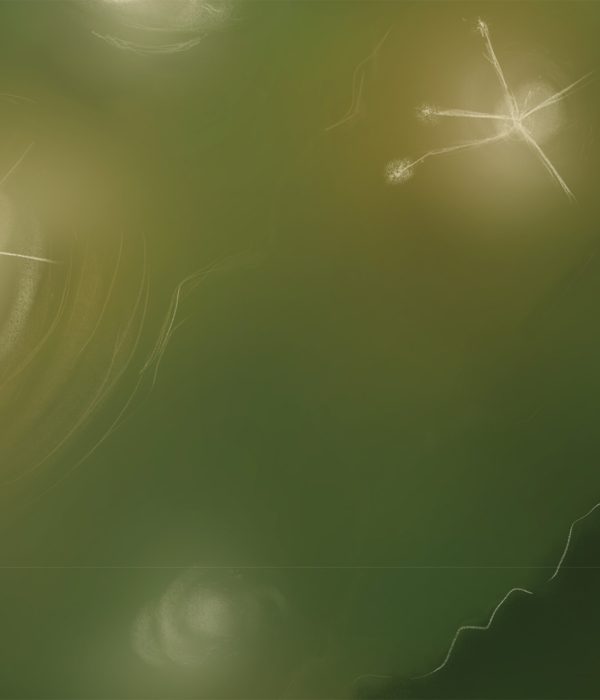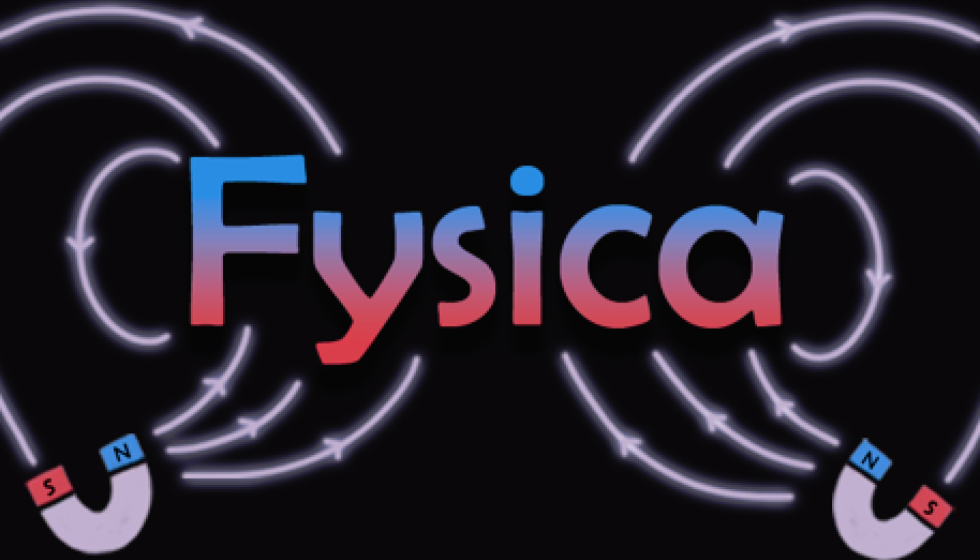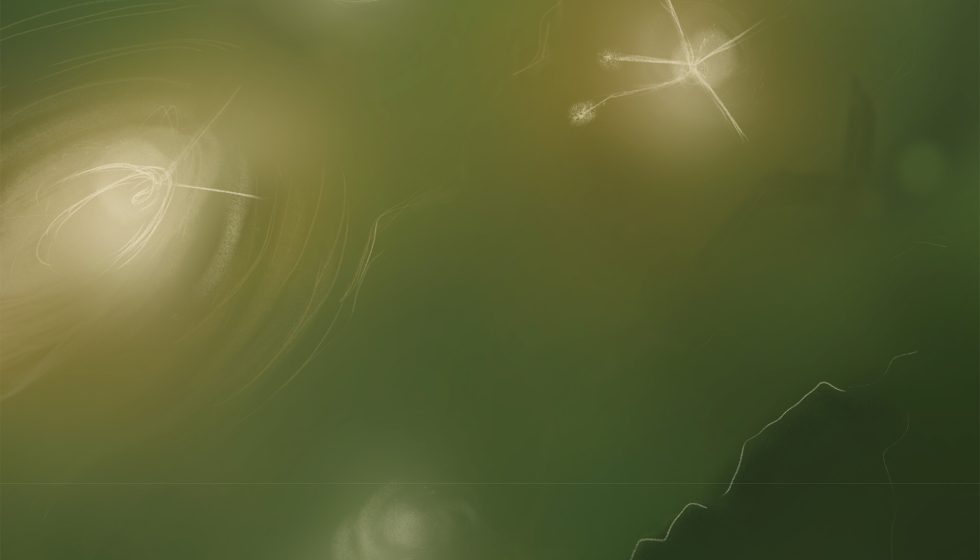National Institute for Subatomic Physics
Welcome to Nikhef. We are the Dutch National Institute for Subatomic Physics. Our institute performs research into the elementary building blocks of our Universe, their mutual forces and the structure of space and time.
Lees meer >>
Please note that some of the content on our homepage and further pages has not been translated into English yet.
What information are you looking for?
Recent news

New gravitational wave catalogue “kaleidoscope of cosmic collisions”
The world’s collaborating gravitational wave detectors are publishing a catalogue of new observations today. According to the researchers, the GWTC-4 catalogue shows a “kaleidoscope of cosmic collisions”. The…

Nikhef theorists aim for more precision in matter-antimatter research
A team of Nikhef theorists has published a new study of so-called penguin diagrams that have detailed effects in studies of the asymmetry between matter and antimatter. The…

Nikhef produces first housings for cameras in LISA space project
The Mechanical Technology department at Nikhef has produced the first series of six camera housings for the planned LISA gravitational wave detector in space. Instrument makers used computer-controlled…
Future events
COLLOQUIUM – “The low frequency array as near-Earth sensor” by Maaijke Mevius (ASTRON)


PhD defense Bas Hofman @ UU
FYSICA 2026

Featured
PAPERCLIP VIDEO: scintillating detector for LHCb at CERN

PAPERCLIP VIDEO: Reaching beyond the Standard Model






